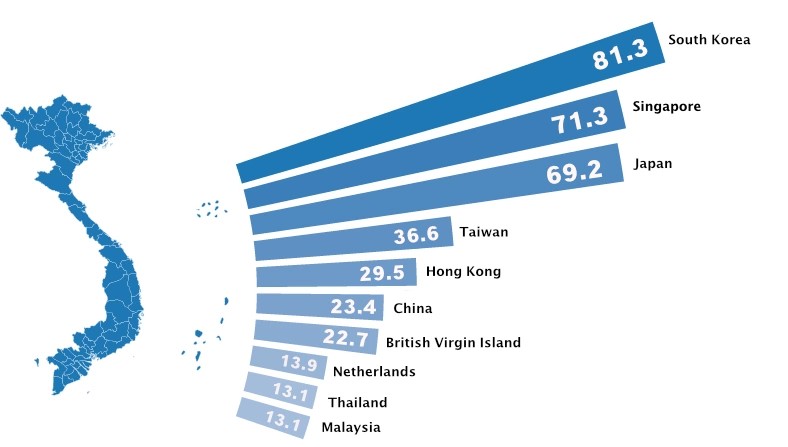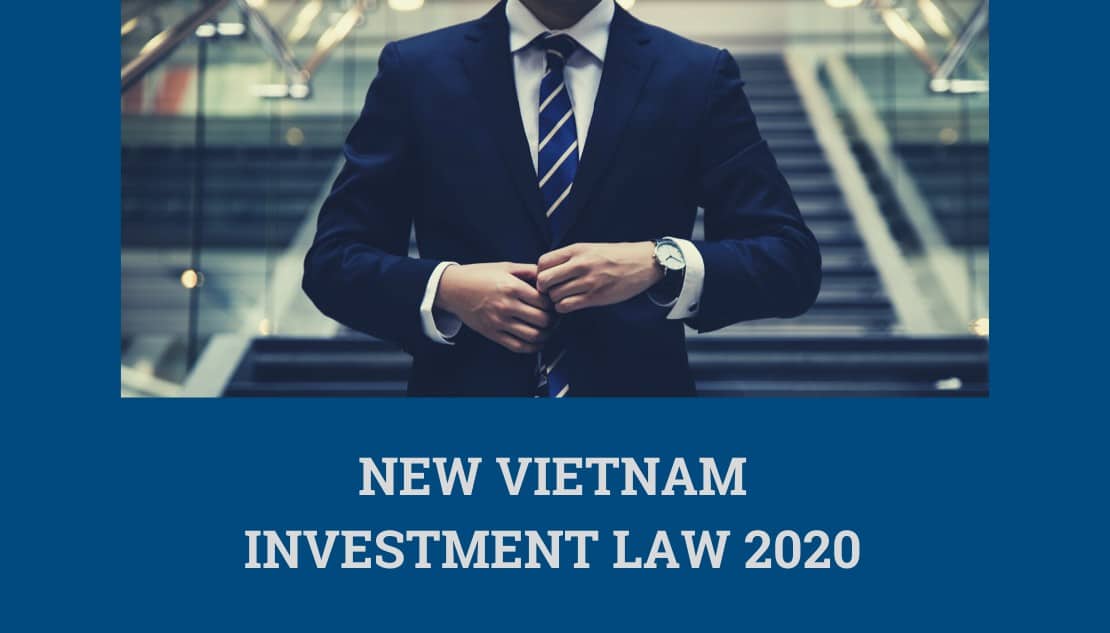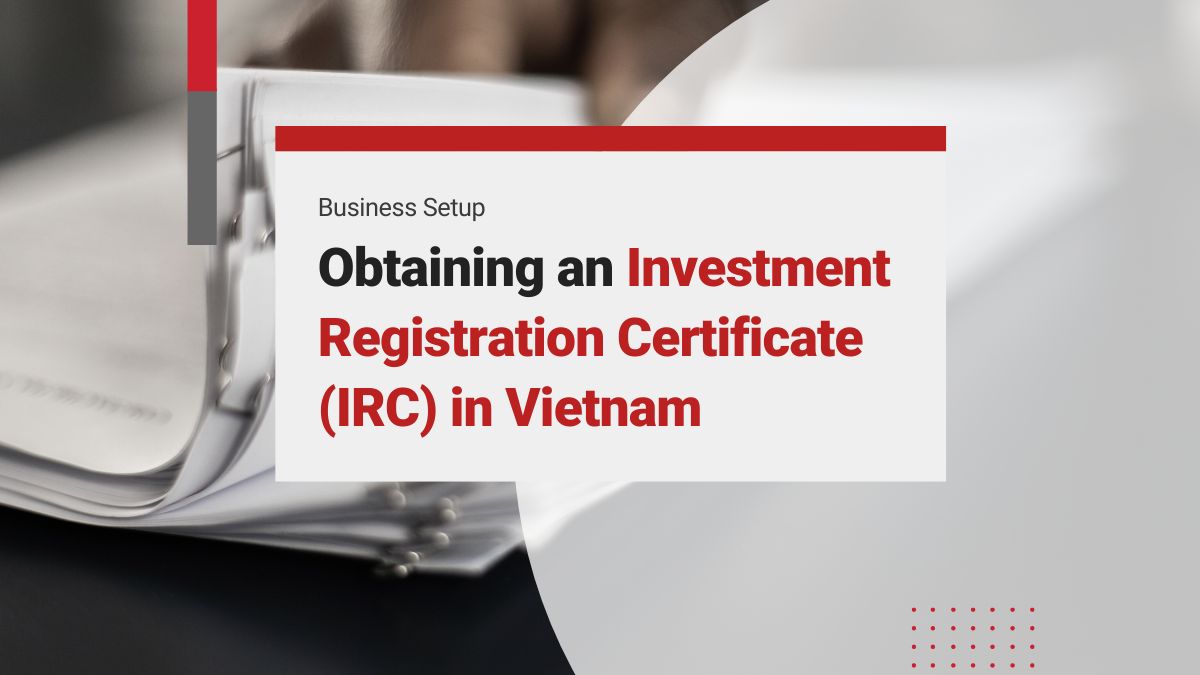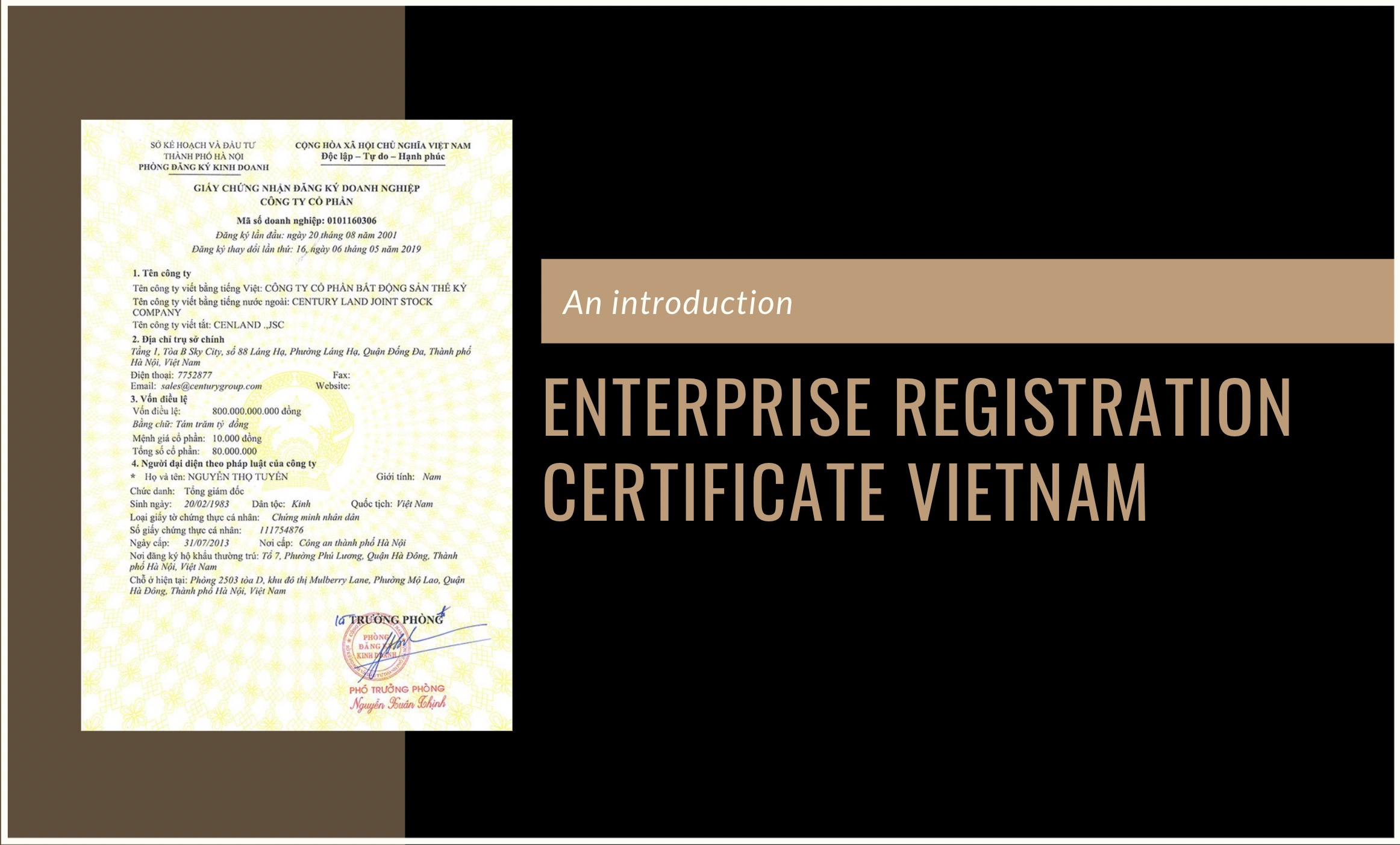Foreign Investment Regulations in Vietnam: 2025 Update
As Vietnam continues to develop as a regional economic powerhouse, the landscape for foreign investment remains dynamic. The government has implemented several reforms to attract foreign investors while ensuring compliance with local regulations. This article provides an overview of foreign investment regulations in Vietnam as of 2025, highlighting updates, key considerations, and the investment process.
1. Overview of Foreign Investment in Vietnam
Vietnam welcomes foreign investment as a key driver for economic growth, job creation, and technology transfer. The country has established a favorable investment climate by reducing barriers and enhancing regulatory transparency. According to the Law on Investment 2020, foreign investors have the right to contribute capital and establish business entities in various sectors.
The government aims to align its regulations with international standards to promote sustainable development and improve the business environment. This has resulted in an influx of foreign direct investment (FDI), particularly in sectors such as manufacturing, services, technology, and renewable energy.

2. Recent Changes in Foreign Investment Regulations
A. Law on Investment 2020
The Law on Investment 2020 came into effect on January 1, 2021, and introduced several important changes to Vietnam’s investment framework. While there have been updates over the past few years to refine the regulations, notable aspects include:
- Business Investment Conditions: The law simplifies the process for foreign investors by reducing the number of sectors requiring conditional investment and clarifying the conditions for investment in those sectors.
- Investment Incentives: The law provides various incentives for investment in sectors deemed as priority areas, including manufacturing, processing, technology, and environmentally-friendly projects.
- Increased Transparency: The law enhances the transparency of investment procedures, allowing investors better access to information on investment policies and the business environment.

B. New Developments in 2025
In 2025, Vietnam continues to evolve its foreign investment strategies to attract global investors. Key developments include:
- Sectoral Openings: The Vietnamese government has announced plans to open previously restricted sectors to foreign investment, including education, healthcare, and retail. This aims to further stimulate competition and enhance service quality.
- Green Investment Focus: Vietnam has increasingly emphasized green investment, supporting projects in renewable energy and sustainable development. The government encourages investments in technologies that reduce carbon emissions and promote environmental sustainability through various incentives.
- Streamlined Approval Processes: Efforts to simplify administrative procedures and shorten the approval timeline for foreign investments have been reinforced, reducing bureaucratic hurdles for investors.
3. Key Considerations for Foreign Investors
Before embarking on any foreign investment venture in Vietnam, it is essential to consider the following factors:
A. Investment Forms
Foreign investors can engage in Vietnam through several forms, including:
- Wholly Foreign-Owned Enterprises: Foreign entities can establish businesses independently without local partners.
- Joint Ventures: Foreign investors may collaborate with Vietnamese partners to establish joint ventures, sharing both risks and profits.
- Representative Offices: Foreign companies can set up representative offices to conduct market research and promote their brand but cannot engage in direct business activities.
- Contractual Arrangements: Various types of contracts, including franchising or licensing agreements, can be utilized to penetrate the market without establishing a physical presence.
B. Investment Registration
Foreign investors must register their investment projects with relevant authorities. Depending on the scale and nature of the investment, this may involve:
- Investment Registration Certificate (IRC): Required for projects involving capital contributions, establishment of enterprises, or changes in investment terms.
- Enterprise Registration Certificate (ERC): Necessary for the establishment of business entities in Vietnam.
These registrations are typically submitted to the Department of Planning and Investment in the relevant province or city.

C. Sectoral Restrictions
Certain sectors may impose restrictions or require special permissions for foreign investments. It is vital to conduct thorough research into industry-specific regulations to ensure compliance.
D. Foreign Exchange Regulations
Investors must adhere to foreign exchange regulations governed by the State Bank of Vietnam. This includes rules related to currency conversion, repatriation of profits, and payments for goods and services.
4. The Investment Process
The process for foreign investors to initiate investment in Vietnam involves several key steps:
Step 1: Preliminary Consultation and Research
Investors should conduct preliminary research and seek legal advice to understand the Vietnamese market, investment opportunities, and regulatory requirements. Engaging local legal and business advisors can provide valuable insights to guide investment decisions.
Step 2: Investment Proposal
Develop a comprehensive investment proposal that includes:
- Business objectives and plans
- Capital structures
- Market analysis
- Financial projections
- Addressing compliance with local regulations
Step 3: Application Submission
Submit the required documents to the relevant authorities. The typical documentation includes:
- Application for the Investment Registration Certificate (IRC)
- Business plan and investment proposal
- Financial documents
- Identification documents of investors
Step 4: Obtain Approvals
Once the application is submitted, the relevant authorities will review the documents. The approval process may vary based on the project’s complexity, typically taking anywhere from several weeks to a few months.
Step 5: Business Establishment
Upon receiving the Investment Registration Certificate and Enterprise Registration Certificate (ERC), investors may proceed with business establishment tasks, including setting up bank accounts, leasing office space, and deploying resources.

5. Legal Assistance and Support
Navigating the foreign investment landscape in Vietnam can be complex, making it crucial to engage legal professionals who specialize in business law and foreign investment regulations. Legal assistance can provide valuable support in:
- Ensuring compliance with local laws and regulations
- Structuring investment agreements
- Conducting due diligence on potential partners
- Assisting with administrative procedures and paperwork
- Negotiating contracts and agreements

6. Challenges for Foreign Investors
While Vietnam offers numerous opportunities for foreign investment, certain challenges remain:
A. Regulatory Challenges
Foreign investors may encounter regulatory inconsistencies, excessive bureaucracy, and compliance difficulties, particularly in navigating local laws.
B. Market Competition
As Vietnam opens its market further, increased competition from both local and foreign businesses can create pressure on profit margins.

C. Cultural Differences
Understanding and adapting to local business culture and consumer behavior is crucial for successful market penetration. Misinterpretation of cultural nuances can lead to misunderstandings and failed business ventures.
7. Conclusion
Foreign investment regulations in Vietnam continue to evolve, presenting exciting opportunities for global investors. Understanding the current landscape, regulations, and processes will empower investors to navigate this dynamic environment effectively. By engaging with legal expertise and conducting thorough research, foreign investors can capitalize on Vietnam’s potential while ensuring compliance with local laws and practices.
As Vietnam moves forward, investing in sectors aligned with government priorities such as sustainability and technology can lead to mutually beneficial relationships that promote growth and innovation in the regional economy. Whether through wholly-owned enterprises, joint ventures, or contractual arrangements, the potential for impactful foreign investment in Vietnam is significant, making it imperative for investors to stay informed and prepared.
